Home
Gatherings of more than six people from more than one household were made a crime in England from 14 September, at home, outdoors, in pubs or restaurants, but not at funerals. At the start of the week, Sunday 6 September, total deaths within 28 days of testing positive for coronavirus had stood at 41,549 — 51 more than a week earlier. Testing found 2,988, 2,948 and 2,420 cases on consecutive days, notably among those aged 17 to 24. Restrictions on home visits in the west of Scotland covered 1.1 million people, a fifth of the Scottish population. People were suddenly banned from leaving Caerphilly without a ‘reasonable excuse’. Seven Greek islands joined countries from which travellers returning to England would have to undergo 14 days’ quarantine. Wales had a different list of six Greek islands, Northern Ireland didn’t mind and Scotland quarantined the whole of Greece. On one day, Border Force intercepted 223 migrants in the Channel; 106 people were stopped by the French. In August at least 1,468 migrants made the crossing.
Brandon Lewis, the Northern Ireland Secretary, told the Commons that the UK Internal Market Bill being introduced by the government, ‘does break international law in a very specific and limited way’. It made ‘minor clarifications’, the government said, of the withdrawal agreement made with the European Union in 2019, including a protocol (now said to be ‘contradictory’) regarding Northern Ireland trade. Some saw it as a wrecking tactic, others as a spur to agreement. Sir Jonathan Jones announced his resignation next April as permanent secretary to the government legal department. Boris Johnson, the Prime Minister, said that a trade agreement must be reached by the European Council meeting on 15 October. Work began on the HS2 rail link. Amazon said it would add 7,000 jobs to the 3,000 it had created this year in Britain. Associated British Foods said that sales by its clothing chain Primark would reach £2 billion this year. The Duke of Sussex repaid the £2.4 million from the Sovereign Grant for refurbishing Frogmore Cottage; he and the Duchess had agreed to make programmes for Netflix. Sir Ronald Harwood, the playwright whose successes included The Dresser, died aged 85.
Followers of Extinction Rebellion blockaded newspaper presses at Broxbourne, Hertfordshire, Knowsley, near Liverpool, and Motherwell, North Lanarkshire, with vehicles, bamboo and wire, preventing distribution of the Sun, Times, Daily Telegraph, Daily Mail and Evening Standard. A man walked around central Birmingham early on Sunday stabbing eight people, one fatally; a 27-year-old was later charged with murder. The time for which suspects charged with serious crimes could be held before trial would be increased by temporary legislation from 182 to 238 days.
Abroad
The total number in the world who had died with coronavirus reached 883,643 by the beginning of the week; a week earlier it had been 845,996. India saw a large rise in deaths and detected cases. The metro in Delhi, which carries 2.7 million passengers a day, reopened after five months. Melbourne extended a strict lockdown including a curfew from 9 p.m. to 5 a.m. Israel imposed curfews on 40 towns. Wildfires burned over larger areas of California than ever before; one fire, called El Dorado, which spread over 7,000 acres, was started by a ‘gender reveal’ party for an expectant mother.
Hundreds of people were arrested in Belarus during a fourth weekend of demonstration against the rigging of elections on 9 August by President Alexander Lukashenko; the interior ministry said at least 633 people had been detained. Olga Kovalkova, an opposition figure, left the country for Poland; another, Maria Kolesnikova, was reported to have resisted expulsion to Ukraine. Doctors in Berlin treating the Russian opposition figure Alexei Navalny, poisoned in Siberia with Novichok, said he was out of an induced coma. Novak Djokovic was expelled from the US Open tennis championships after negligently hitting a ball out of the court when he lost a point, striking a woman line judge hard in the throat.
China’s Semiconductor Manufacturing International Corporation (SMIC) said it was ‘in complete shock’ after the Pentagon proposed it should be added to a United States blacklist for supply with American-based technology. The last two reporters working in China for Australian media flew home. A court in Saudi Arabia commuted the death sentences on five people convicted over the murder of Jamal Khashoggi in 2018 to 20-year sentences. CSH
Got something to add? Join the discussion and comment below.
Get 10 issues for just $10
Subscribe to The Spectator Australia today for the next 10 magazine issues, plus full online access, for just $10.
You might disagree with half of it, but you’ll enjoy reading all of it. Try your first month for free, then just $2 a week for the remainder of your first year.

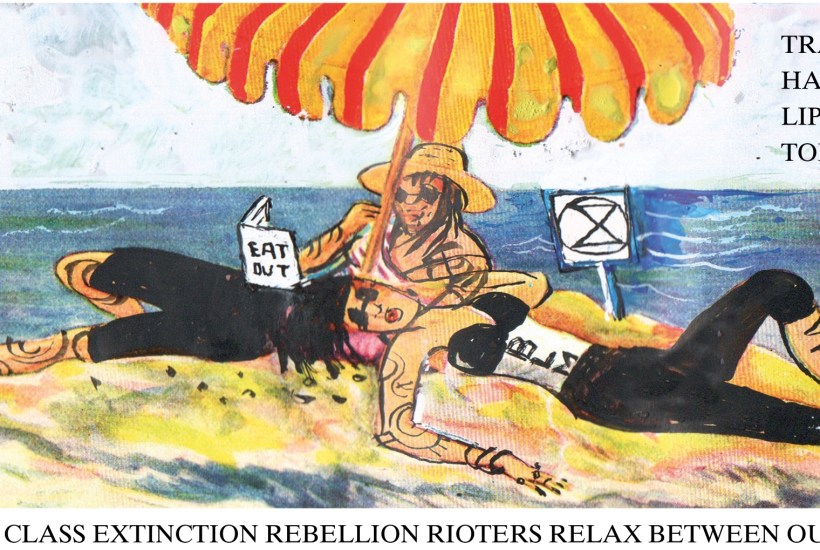
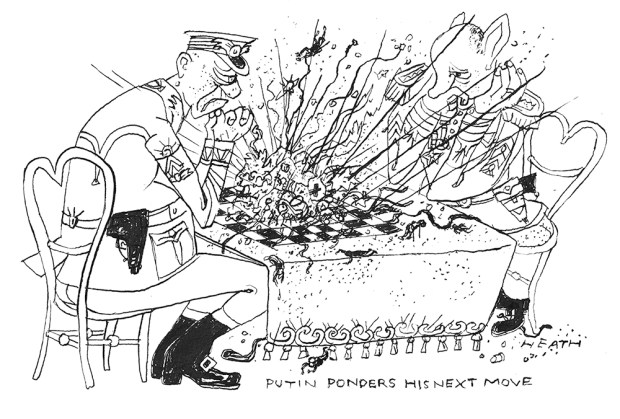
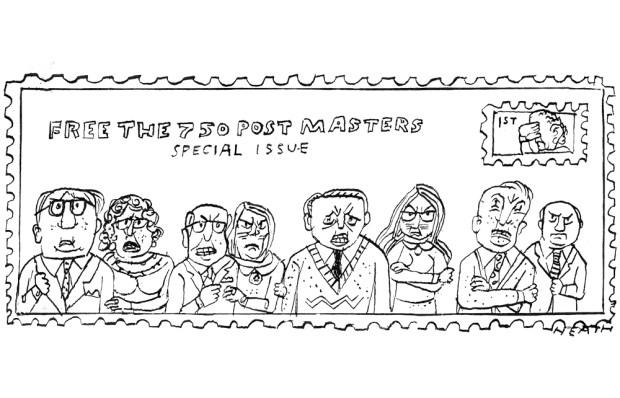
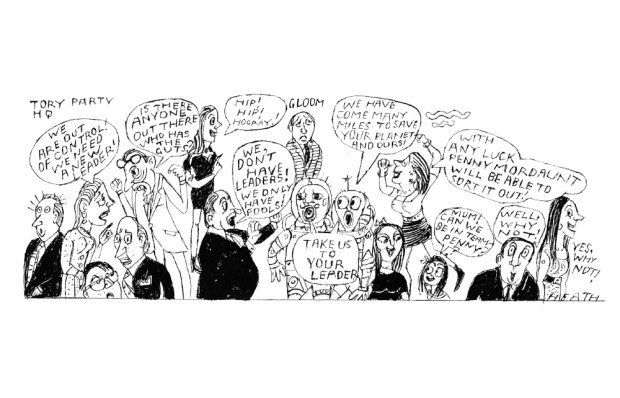

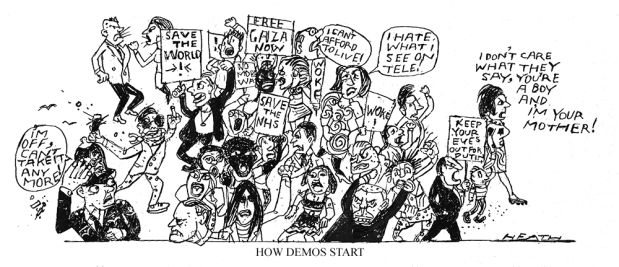
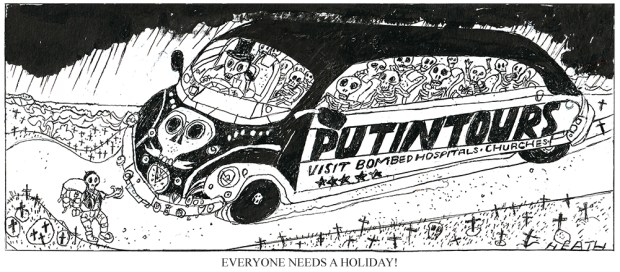






Comments
Don't miss out
Join the conversation with other Spectator Australia readers. Subscribe to leave a comment.
SUBSCRIBEAlready a subscriber? Log in